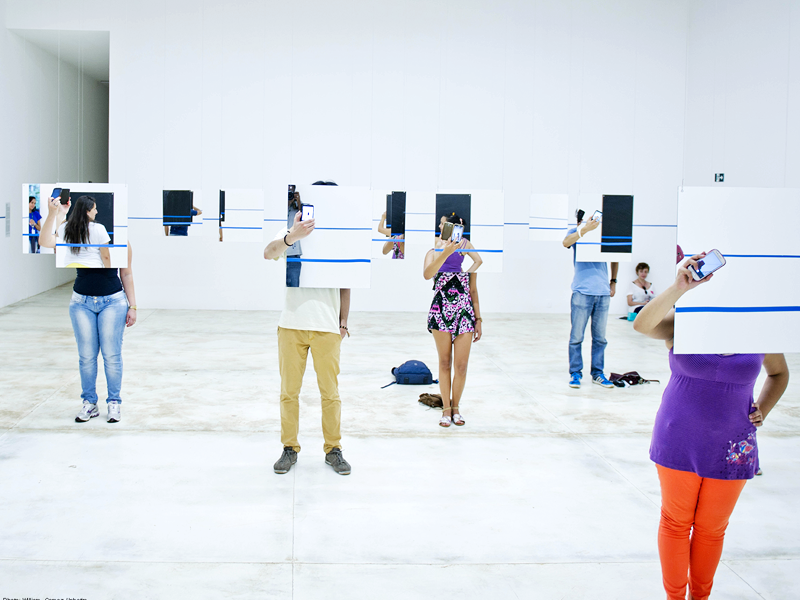
«Culture Raises Social Issues and Suggests Creative Solutions to Them»
Culture and creativity should be looked at as broadly as possible and that’s why we talk a lot about spillover effects of culture. That culture doesn’t anymore sit in its own box, because if it sits in its own box then we start to have these problems. That of course culture comes in the last, firstly you need to have your stomach full, and you need to have your education and you need to have your, you know, health, and then after everything you take care of, then comes culture. It’s opera. ‘Nice to have’, you know. It doesn’t necessarily take you anywhere, its ‘nice to have’. That’s the wrong approach.

More and more Europe has understood that in addition to its intrinsic value – ‘Culture for the sake of culture’ – and the economic value, the money that it brings and the economy it brings, there are additional, so called social aspects of culture that need to be looked more. And that’s what we call these ‘spillover effects’ or ‘crossover effects’. Many different names. So if you look at now what Europe is doing at the moment is, I think, the focus of research, the focus of trying to understand those links, is a special and social element of culture spillovers.

Culture and creative people have this potential to highlight some issues in the society that no other area, no other professional can. It can look at groups of people that are vulnerable, that are, maybe, in society pushed aside. It can look at the issues like aging population, the migrants, the culture minorities, the position of woman, children in the society and many many other areas like that. So yes, culture has this fantastic opportunity to speak a language or to bring different sides together, to highlight problems in society, to make people aware of those problems and to offer solutions, new completely creative solutions.





